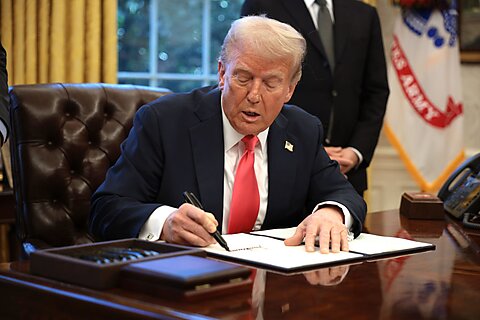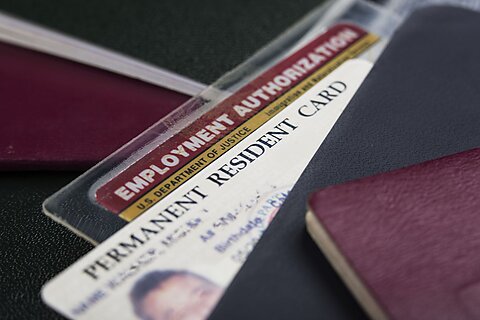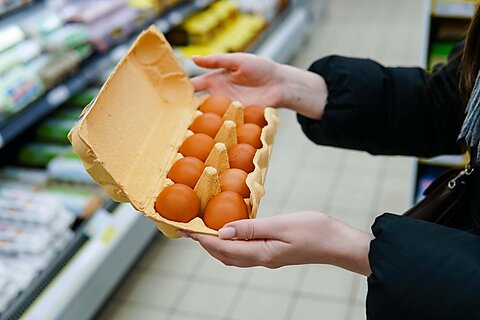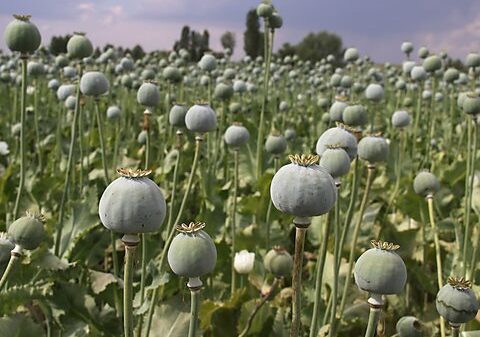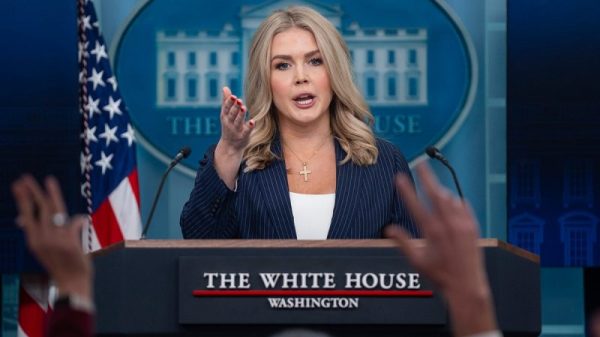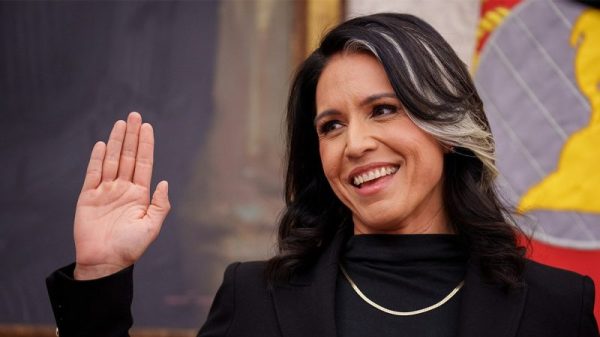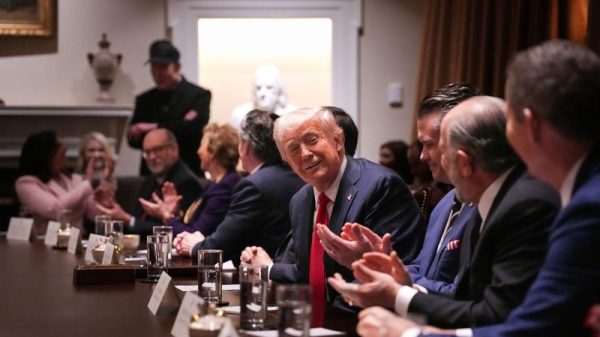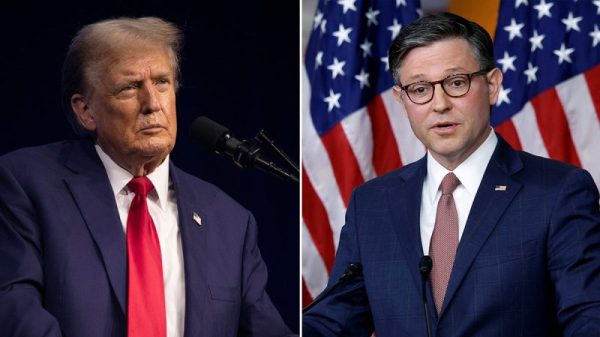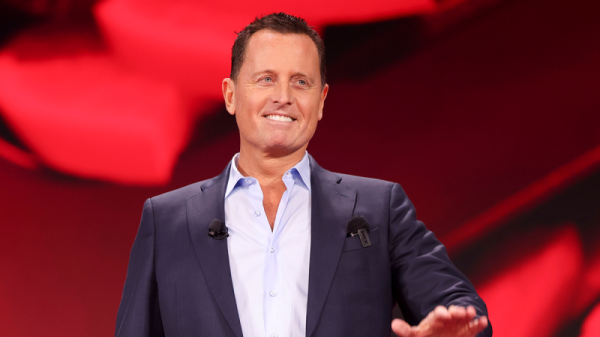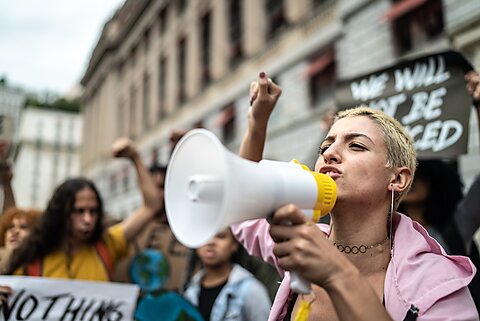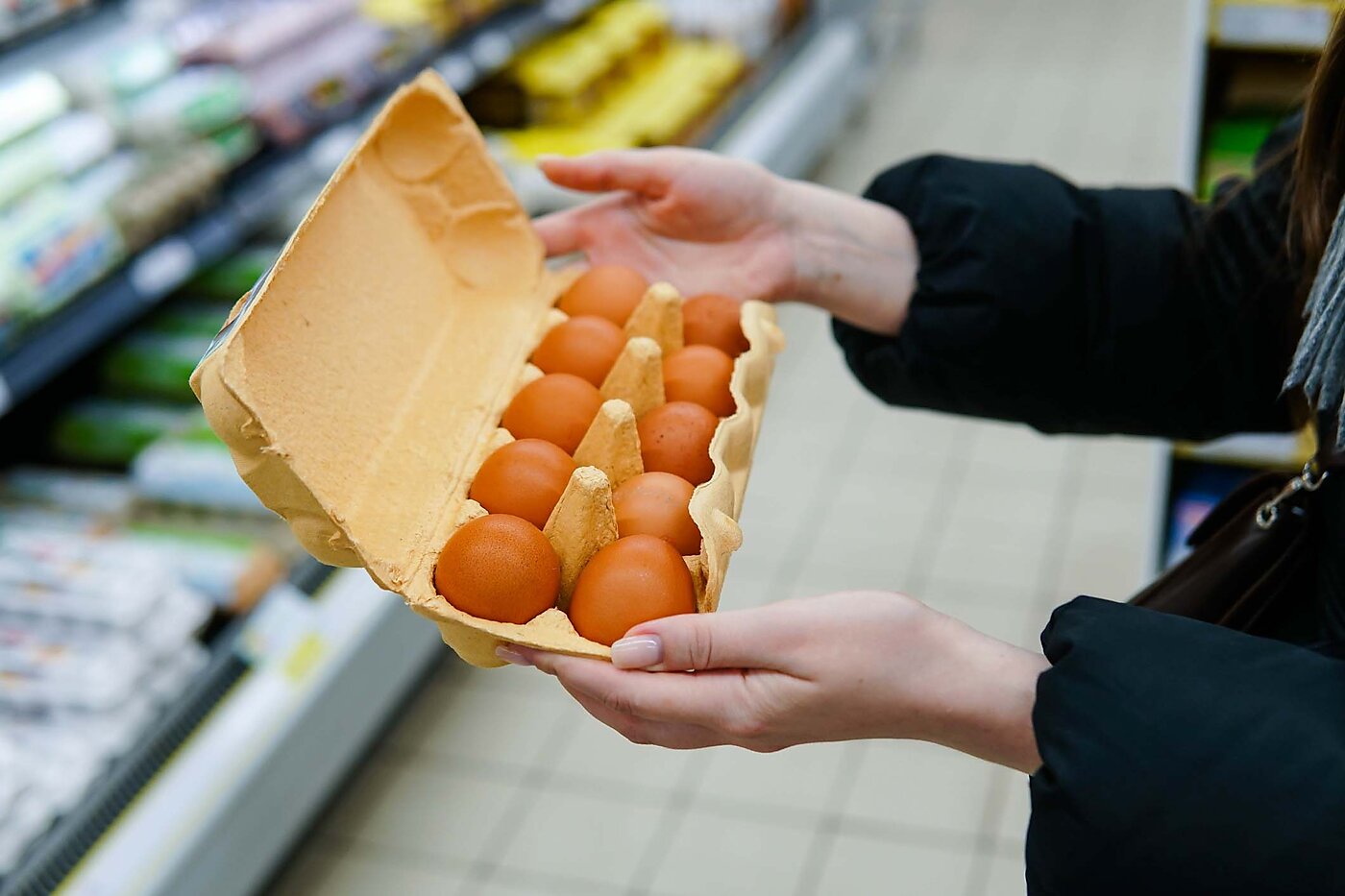
In today’s Wall Street Journal, Secretary of Agriculture Brooke Rollins revealed the Trump administration’s plan for lowering US egg prices, which have again spiked due to a large-scale outbreak of avian influenza. Buried among her proposals was a remarkable one (at least when coming from a Trump official): increasing egg imports to “reduce egg costs in the short term.” In particular, the US government is in discussions with three to four unspecified countries to import between 70 and 100 million eggs over the next few weeks to address the egg shortage and lower prices.
How interesting.
In one sense, importing eggs to boost domestic supplies and temper prices is hardly revelatory. As Cato scholars have documented in recent years, imports and open markets have proven to be crucial tools for mitigating domestic supply shocks and keeping prices in check. And this lesson holds for eggs too: during past avian flu outbreaks when US egg supplies faltered, private parties turned to imports, which—aided by relatively limited government restrictions thereon—helped fill the gap.
It appears that the same is already happening this time around—no government program needed. Reporting from yesterday, for example, revealed that US businesses have responded to the latest avian flu outbreak by again ramping up egg imports, in this particular case from Turkey, which is set to send 420 million eggs to the US this year—the largest amount ever.
The lesson: Contrary to the conventional wisdom in Washington these days, open markets actually boost “economic resilience” instead of undermining it. All governments need to do is get out of the way.
Nevertheless, it’s surprising to see this particular economic reality acknowledged (albeit quietly) by a high-ranking member of the Trump administration, which has in recent weeks launched numerous broadsides against imports—frequently on the grounds that they harm US economic security, that the nation would actually be better off if we had high tariffs on most goods and made everything here, and that import restrictions don’t raise domestic prices.
Indeed, just two days ago President Trump announced that his threatened 25 percent tariffs on all goods from Canada and Mexico will enter into force next week—even as those two countries, along with Turkey, have been top suppliers of eggs and related products in recent years.
Will the egg products get tariffs too?
That question aside, the political irony here is undeniable. Even the most ardent protectionists will abandon their misguided views on self-sufficiency and “economic security” when real-world problems arise, prices spike, and their jobs might be on the line. Then, suddenly, freer markets are an important part of the solution.
One can only hope that the president will learn and more broadly apply the timeless economics lesson that this episode reveals: regardless of the product, it’s rarely a good idea to put all your eggs in one basket.

